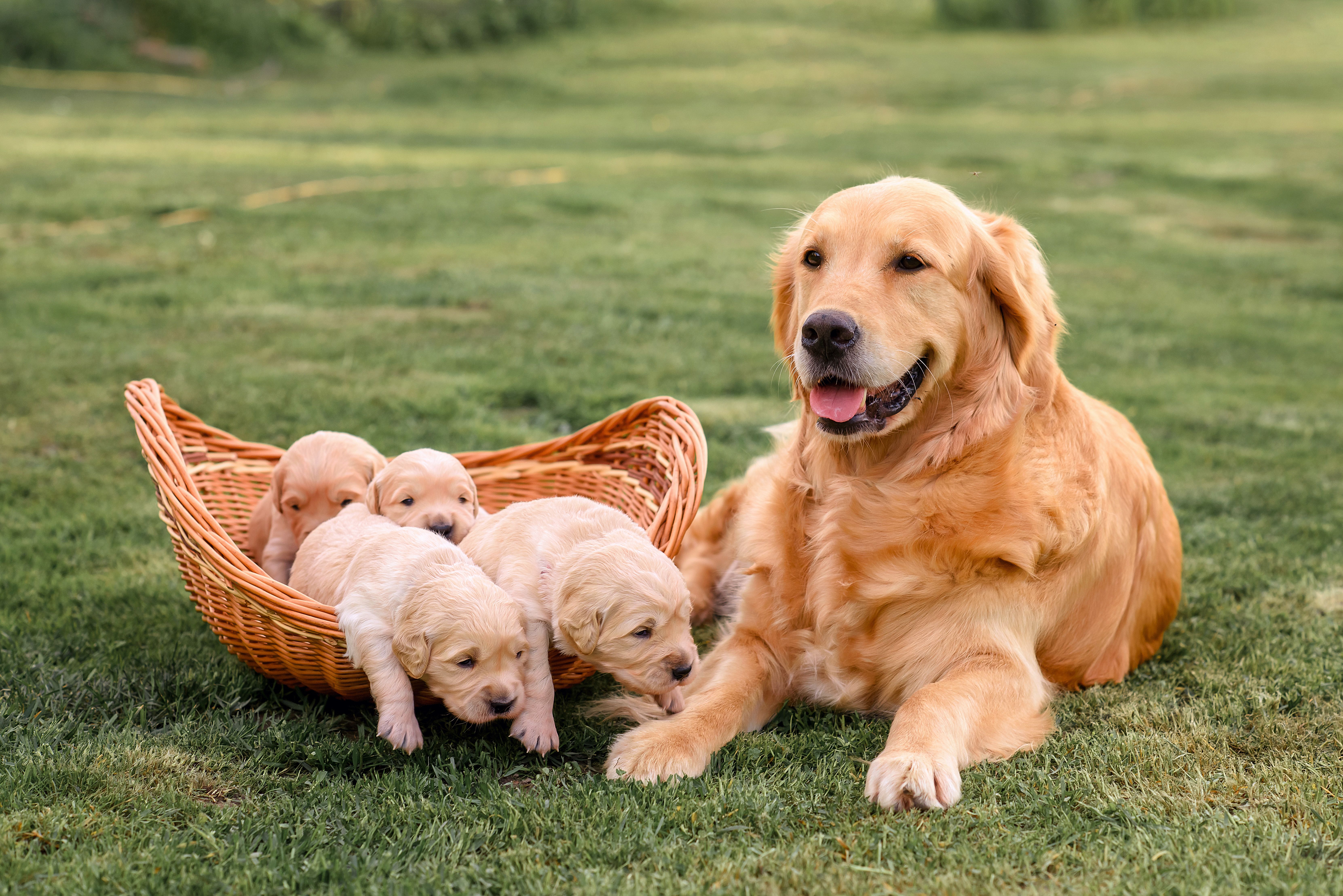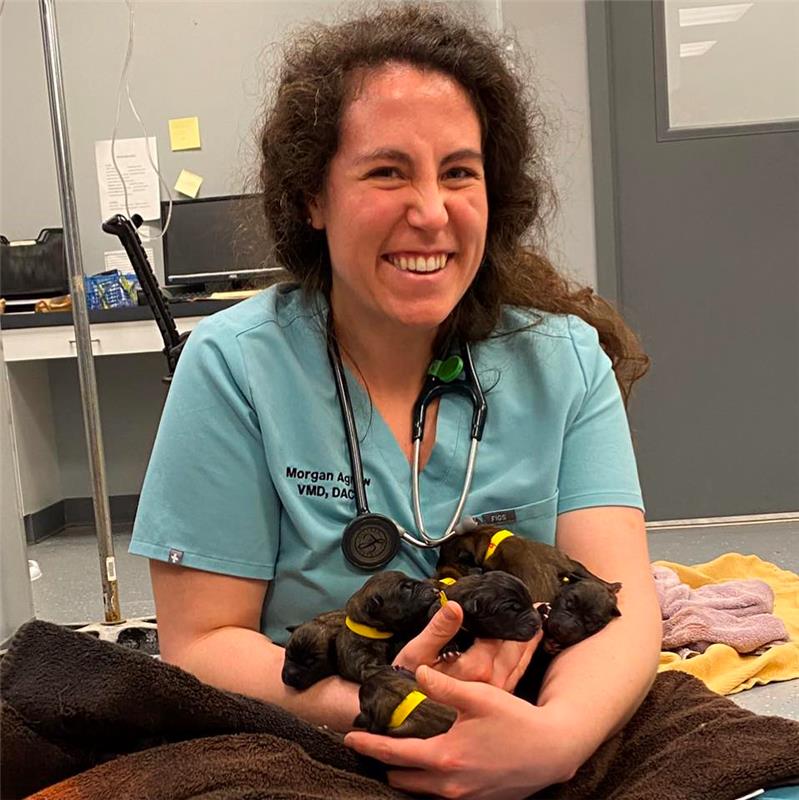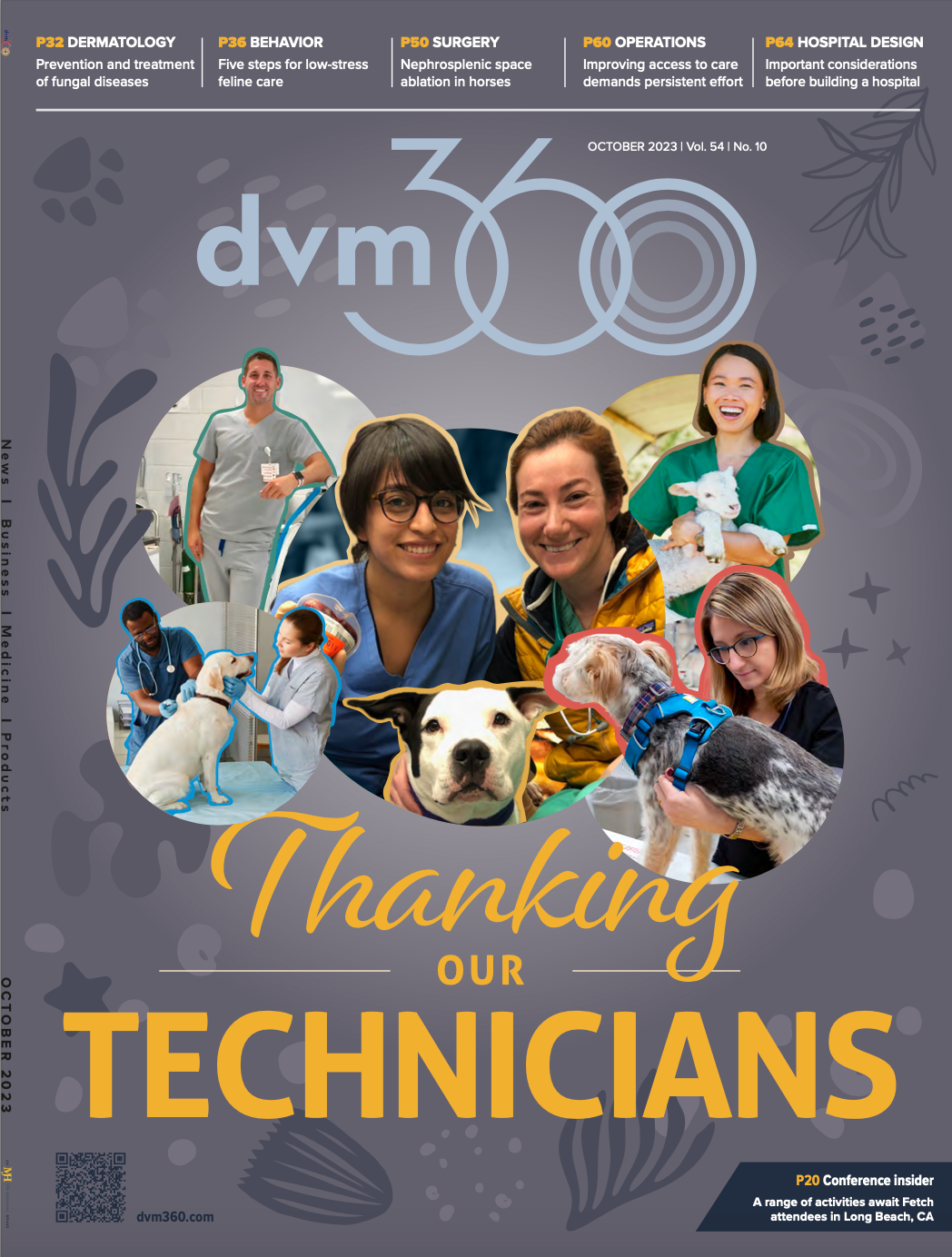Theriogenology in veterinary medicine
Morgan Agnew, VMD, DACT, gives an inside look at what it is like working with patients in this reproductive specialty
Виктория Дубровская / stock.adobe.com

In 2019, Morgan Agnew, VMD, DACT, created Agnew Veterinary Reproductive Services in partnership with Philadelphia Animal Hospital to help provide quality reproductive care to small animals. She began her journey into veterinary medicine working with the horses at Virginia Tech University’s breeding farm in Blacksburg, which is also where she found her love for reproductive services. As she went through veterinary school, she was sure she would pursue a career in equine reproduction services.
Agnew took a year off from veterinary medicine before attending the University of Pennsylvania for her residency at its large animal hospital, New Bolton Center in Kennett Square, Pennsylvania. She then did a rotation at a small private practice that worked on canines, where she was offered a job after she completed her residency.
Morgan Agnew, VMD, DACT (Photo credit: Agnew Veterinary Reproductive Services)

Now Agnew, a member of both the American College of Theriogenologists and Society of Theriogenology, offers services including semen freezing and collection, male and female infertility workups, ovulation timing, artificial insemination, pregnancy monitoring, and cesarean sections (C-sections) for small animals.
“We do everything here that people would potentially want to be done as part of breeding or as a follow-up to breeding. A lot of clients will come in with a female that they want to do a breeding with. We’re not involved in helping pick out the sire of the litter or anything like that,” Agnew said, “but we’re involved in making sure the female has all of the right health testing done. Depending on the breed, there’s different genetic testing that’s recommended and then helping them figure out the best way to make the breeding happen.”
For pet owners and breeders who are interested in natural reproduction, she will monitor the progesterone levels to confirm they are up until receiving confirmation that the female is ovulating. With the progesterone testing, Agnew and her team can get the client a more precise due date, when they can do a pregnancy ultrasound, and when they can schedule a pregnancy x-ray that will reveal an exact litter count.
“A lot of the breeders want at least the progesterone test because if you have an exact due date then they know if the dog is going into labor or showing signs of labor too early or not going into labor on their due date or the 2 days after. They know to call because that’s a problem,” Agnew explained.
After puppies are born, Agnew and her team will examine the litter as part of the C-section service to make sure the dogs are all healthy. If a problem arises, they can address it and treat it. If the mother is not producing milk, the staff will feed the puppies, case depending. Agnew also does follow-ups with the puppies once they are sent home.
Because her specialty is uncommon, Agnew wants other veterinary professionals to know that if they have clients who have questions about breeding or if the veterinary team is not sure how to inform clients on certain aspects, she is available for consultation. As for future veterinary professionals, Agnew had advice for anyone interested in this specialty.
“I think it really benefits any vet student who’s interested to go shadow at a private practice and see what it’s like vs academia because [they are] very different. We’re very busy here. If you’re scheduled to be off, you may still have to come in. It’s just a lifestyle thing. If a C-section needs to happen on a Tuesday and you’re supposed to be off, unless there’s somebody else to do it, you have to come in and do it,” Agnew said.
“I think if they’re interested, [students should] find a vet to shadow with or some schools that have a busier small animal reproduction program than others. I’ve had a couple of vet students come through and shadow, and I always love having students,” she said.
Agnew spends her free time with her dog, Fiona, whom she adopted from a client, as well as her husband and sisters, who also live in the Philadelphia area.
